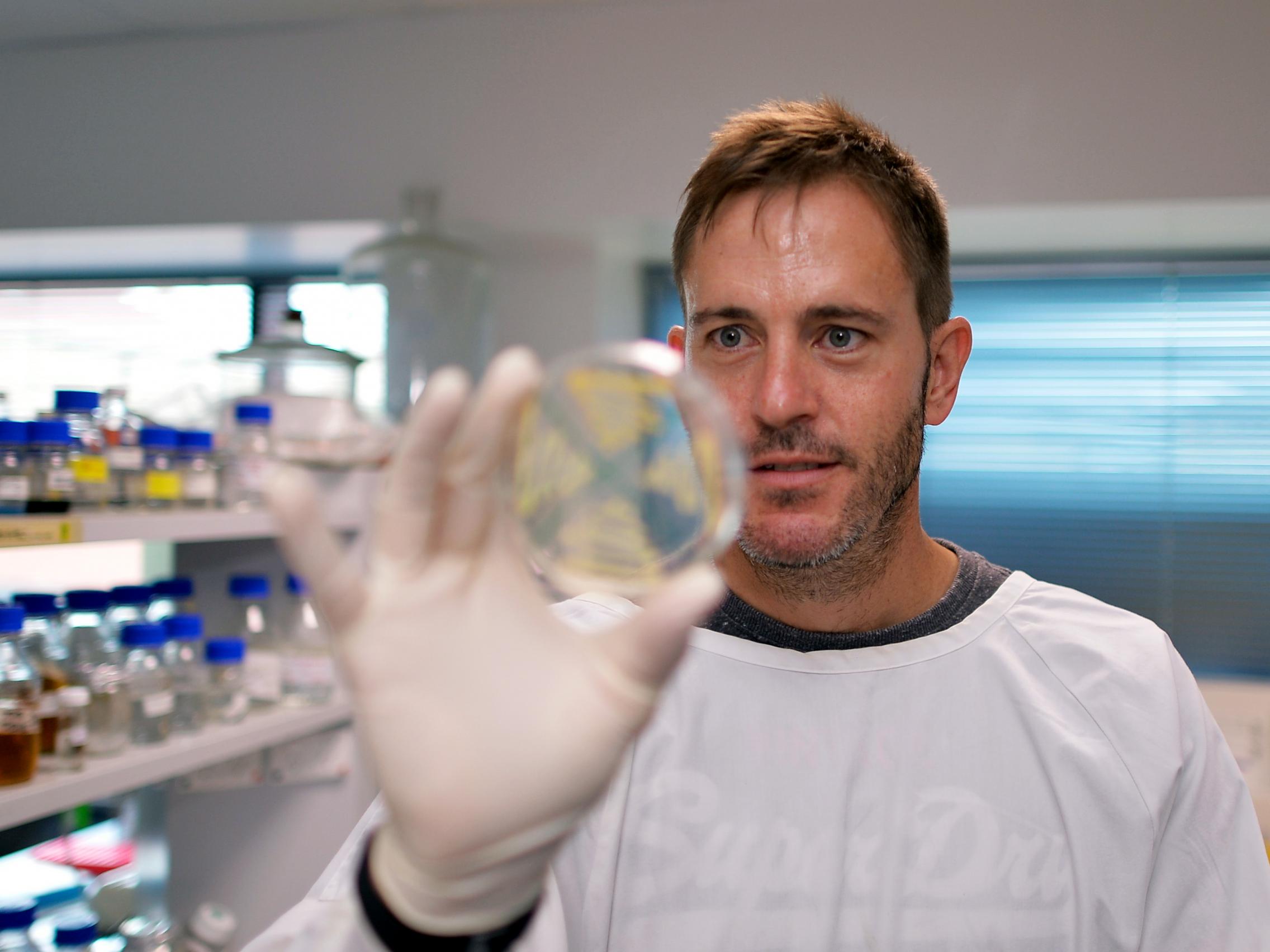Mixed colony biofilms & disease outcome
This molecular and biomedical science honours project explores mixed colony biofilms and their relationship to disease outcomes.
Biofilms have largely been studied as a singular species-type when the more relevant state is bacteria existing in a mixed population.
An interesting addition to the bacterial response to the physical and chemical conditions and stresses of its environment is the biological variations; that is the other bacteria that are present, and the affect this has on lifestyle and disease outcome.
An example is the biofilm formed in the mouth and the possible systemic result of this infection.
Study infectious diseases and antimicrobial resistance
All pathogenic bacteria need specialised mechanisms to adapt to the conditions in which they inhabit. For pathogenic bacteria this includes the changes from the environment, reservoir and the different anatomical niches they can inhabit.
Many of these conditions are nonoptimal and create a stress on the bacteria. In addition, many host cells generate reactive chemicals as an anti-microbial process.
The work in our lab aims to study the particular pathways important in the pathogenic bacterial adaptation and that are unique to a specific species.
We have projects on various pathogens. Our work generally is focussed on using molecular biology to understand the transcriptional and metabolic pathways that are important to the bacterial stress response.

Supervisor
Research area: Research Centre for Infectious Diseases (RCID) | Australian Centre for Antimicrobial Resistance Ecology (ACARE)
Recommended honours enrolment: Honours in Molecular and Biomedical Science
